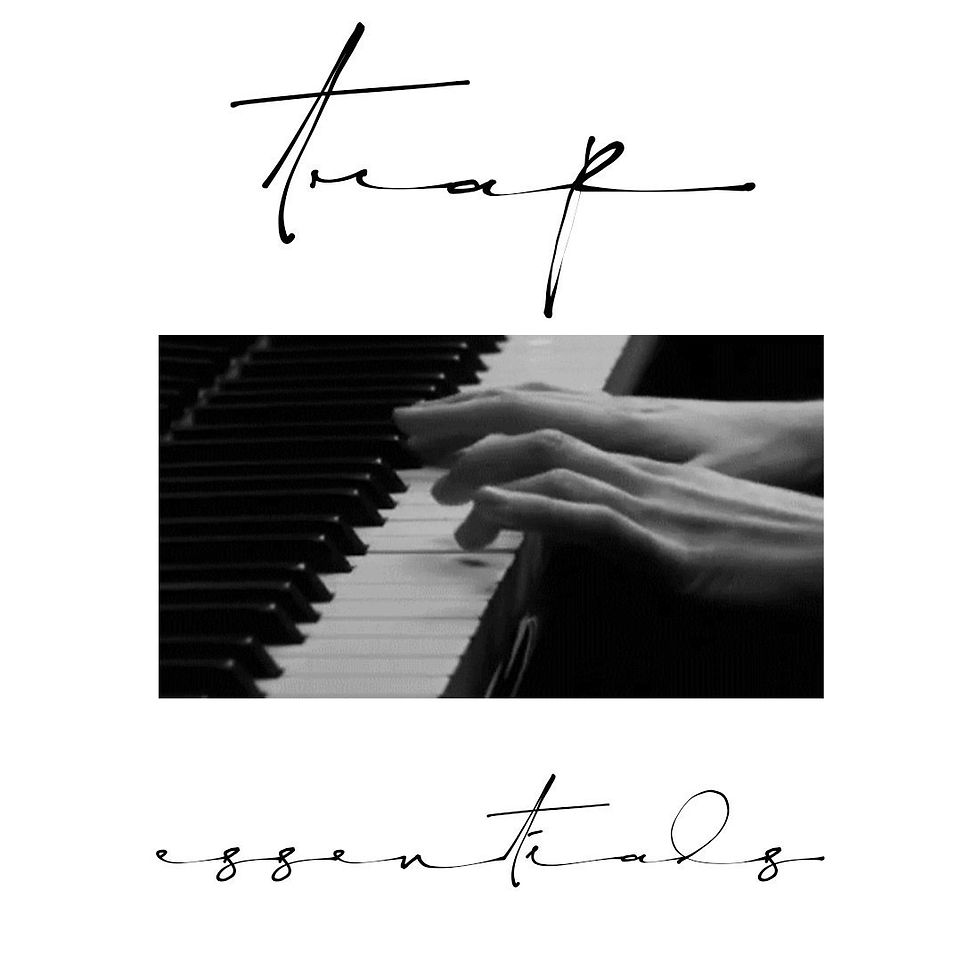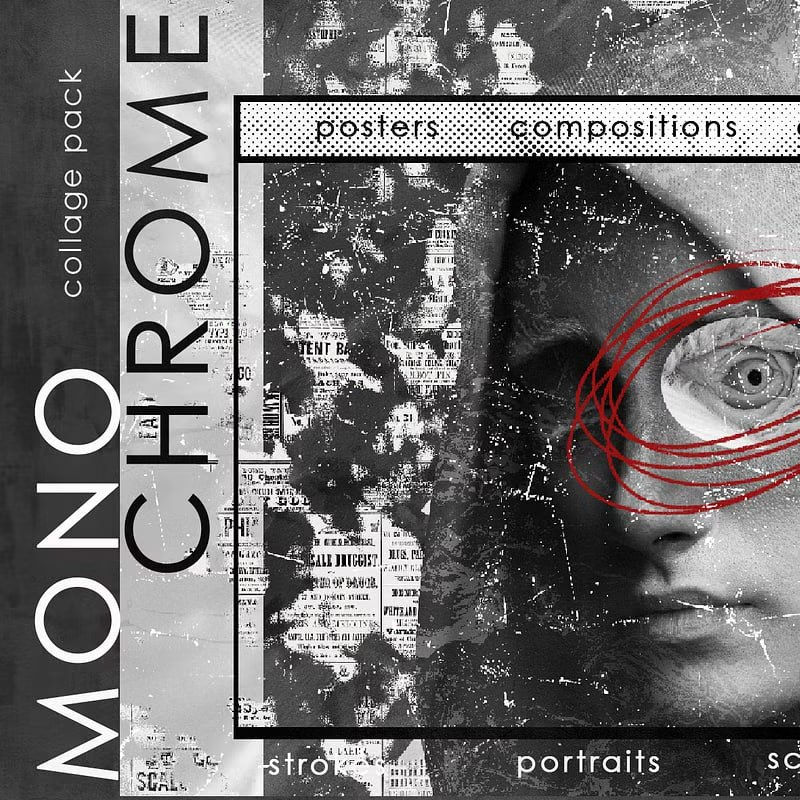Zynaptiq - Pitch Shifter
PITCHMAP is the world's first and only plug-in that allows processing the pitch of individual sounds within mixed signals in real-time. It lets you change the melodies and harmonies of any recording by simply playing your own on a MIDI keyboard or creating a pitch map using our stream-lined GUI, and optionally corrects any tuning issues at the same time.
As if that weren't enough, PITCHMAP provides functions to suppress individual sounds within a mix, and can apply advanced synthesizer-like sound transformations to your audio. In short, it is an inspiring musical instrument, a precision corrective tool and the only processor that literally lets you shape music with your hands.
PITCHMAP has so many uses we haven't yet discovered all of them ourselves. Here's a couple of the applications we're aware of:
- Engineers can correct tuning inaccuracies in mixed recordings
- Composers can try different harmonies for their works in an immediate, hassle-free and inspiring manner
- Music producers that work with sampled material can now sculpt the music inside the samples as if they were clay in the hands of a potter
- DJs can adapt the key/scale of their songs to fit into a seamless set
- Sound designers get a bunch of unique new ways of creating the sounds that make the films and games of today so immersive
- Mash-Up artists and Re-Mixers now spend minutes instead of hours (or days) adapting the components they use to fit each other
- Rapid song/score prototyping using existing recordings that can be transformed to be something new on-the-fly
- Mix element suppression under MIDI control
- Creating unique synthesizer sounds based on a live input
- Create instant remixes and professional accompaniment tracks directly from your favorite songs or play list
MAP That Pitch
Based on our Mixed-Signal Audio Processing technology (MAP), PITCHMAP internally de-mixes the input signal into individual sounds, including their harmonics and transients. This technique is quite literally rocket science, and is done using perceptive modeling and pattern recognition techniques also used in artificial intelligence applications. The separated sounds can then be individually tuning-corrected and mapped to other pitches, a process we call Pitch Mapping. MAP also enables PITCHMAP's simple-to-use, yet very effective functions for suppressing or isolating mix elements. In real-time, of course.
Natural
Our MAP process is based on a model of the human perceptive system, including the cochlea and the brain region responsible for interpreting its data. Hence our process is inherently very natural sounding with correct settings and reasonable amounts of pitch modification. The human voice, however, has a very specific sonic topology that is very different from any musical instrument, and human hearing is trained to detect even the most subtle sonic variations in a voice. As a result, processing voice simultaneously with other instruments has been a challenge in the past. To accommodate for this, we've added an extra layer of intelligence that recognizes voice elements and processes them separately. We've called this Natural Mode.
Electric & Creative
Certain pitch correction algorithm artifacts have become quite popular. We've got those, too, if you want them. But our MAP process has more sonic options than that. We've added parameters called Purify and Electrify that allow making your sound more or less synthetic sounding, and threw in a polyphonic Portamento option named Glide, for good measure. In combination with the live MIDI function, these parameters can basically turn PITCHMAP into a unique synthesizer allowing some very far out sound design.
No PhD Required
Although the DSP code itself is insanely complex, the process of Mapping Pitch is as simple as playing some notes on a MIDI keyboard or dragging sliders on our super-slick GUI to assign source pitches to target pitches. Or you can let your computer do the pitch mapping by using dedicated macro controls to go from one key/scale to another with just a couple of clicks. Changing pitches in a mixed signal has never been so intuitive and musical. Instant correction of tuning issues, straight-forward re-harmonisation or intricate restructuring of a composition's pitches... the choice is yours, PITCHMAP does the rest.
Lightning Fast
To increase workflow efficiency even more, we've provided comprehensive Snapshot functionality. 8 Snapshot slots let you compare multiple settings, adapt the process to different parts of a recording individually and create parameter automation without a headache. Summed up, PITCHMAP gives you near-instant results while at the same time giving you access to every little detail.
So how does PITCHMAP compare to other pitch processing products, like Celemony's Melodyne Editor or Antares' Auto Tune? In a nut-shell: it doesn't. They have different applications and strengths, and complement each other nicely. In simplified words:
- If you need to tune a solo vocal take or other monophonic instrument, use Auto Tune.
- If you need to fine-tune or manipulate a single but polyphonic instrument, or a section of instruments, and using off-line editing doesn't break your workflow, use Melodyne.
- If you need to tune or change the pitches of a full mix or other complex polyphonic signal in real-time and under MIDI control, while retaining all the transient crispness of any percussive elements, or if you want to create far-out sounds, or if you want to try out different harmonies on your loops and recordings from within the creative, musical workflow....use PITCHMAP.
Depending on your field of work, you may want to have all three of them. So grab a copy of PITCHMAP and complete your pitch processing toolkit!



















